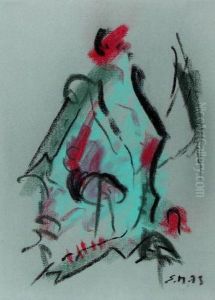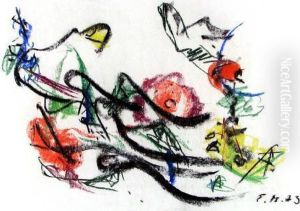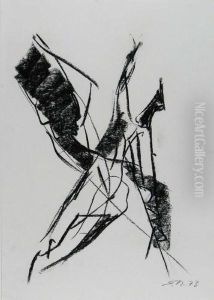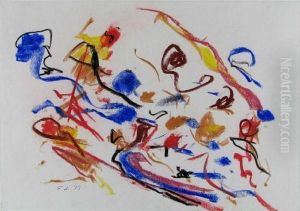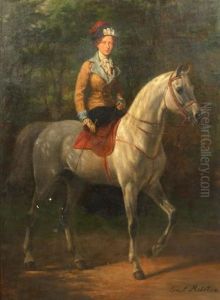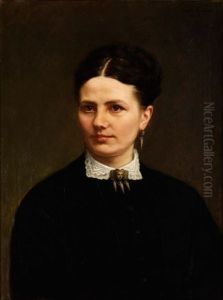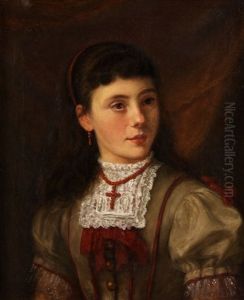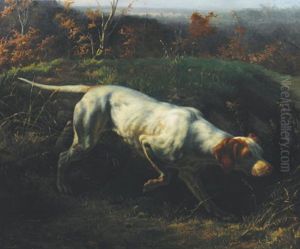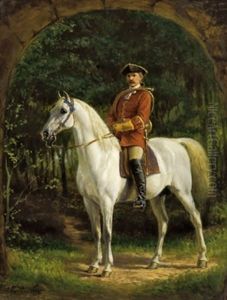Ernst Meister Paintings
Ernst Meister was a German poet, writer, and playwright, born on September 3, 1911, in Hagen, Westphalia, Germany. He is known for his dense and cryptic poetry that explores themes of existentialism, the nature of existence, and the human condition. Throughout his life, Meister's work received relatively little attention outside of German-speaking countries, but his posthumous recognition has established him as a significant figure in post-war German literature.
Meister's early work was influenced by the Expressionist movement, but his style evolved significantly over the years. During World War II, he served in the German army, an experience that deeply impacted his worldview and subsequently his writing. After the war, Meister studied philosophy, German literature, and art history at the University of Marburg, where he was influenced by the existentialist philosophy of Martin Heidegger and Jean-Paul Sartre. This influence is evident in his later poetry, which often grapples with the themes of death, nothingness, and the search for meaning.
Despite his prolific output, Ernst Meister's work did not gain significant recognition during his lifetime. It was only towards the end of his life and posthumously that his contributions to literature began to be truly appreciated. His later collections, such as "Im Zeitspalt" (In the Time Split), published in 1976, are characterized by their linguistic precision, philosophical depth, and a stark, minimalist style. These collections have contributed to his reputation as a poet's poet, admired for his ability to convey profound existential themes with concise and powerful imagery.
Ernst Meister passed away on June 15, 1979, in Hagen. After his death, his work received several awards and accolades, including the prestigious Georg Trakl Prize for poetry. Today, Meister is celebrated for his unique voice in German literature, his exploration of existential themes, and his contribution to the post-war literary landscape. His poetry continues to be studied and admired for its depth, intensity, and innovative use of language.
